Driving Towards a Sustainable Future of Food: Innovative solutions to sustainability challenges
The need for sustainable innovations in the agri-food industry is vital. EIT Food’s innovation projects aim to address sustainability challenges by providing solutions across the food system. Find out more about the projects that are making innovation happen in the post below.
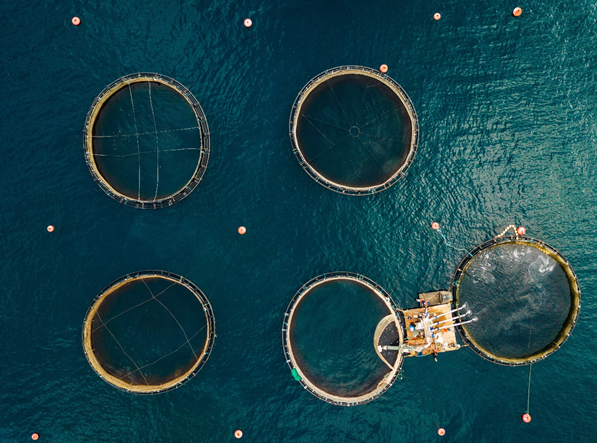
The quest for sustainable practices in all aspects of human activities is one of the major objectives within the EU and worldwide. The need for a sustainable food system is particularly important as it contributes to 30% of greenhouse gas emissions and 70% of freshwater withdrawals and not to mention that 1/3 of all food globally is lost or wasted.
Technological innovation can overcome sustainability challenges
In the primary food sector in particular, there is a need to increase sustainable practices to restrain emission of GHGs while simultaneously increasing yield for the growing human population, which is expected to reach 10 billion by 2050. Improving European farmers´ competitiveness through technology transfer and innovation integration is essential to address the challenges of both rising GHGs and an increasing population. One EIT Food project that is addressing these challenges is the ‘Wheat Cultivars’ project which is working to increase wheat grain quality and yield for sustainable wheat production. Innovative technologies including grain quantity analytical devices together with robotics and artificial intelligence can help manage soil health, especially for regions that are already living with the effects of climate change. Also, as wheat is included in many people’s diets, improving its yield and quality is important for feeding more people in the future. This is just one project that supports the need for a future-proof food system that sustainably produces high-quality and affordable food.
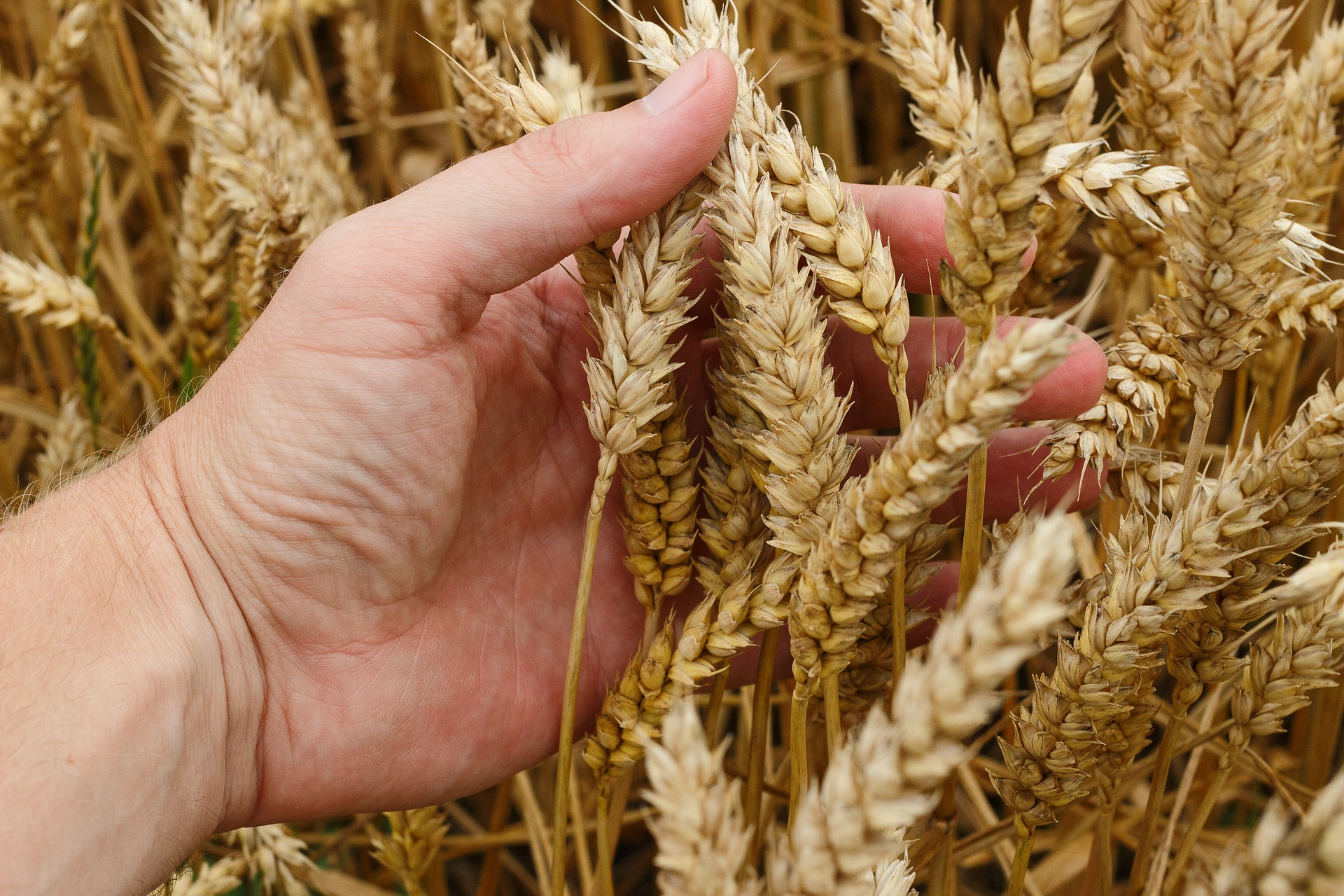
How a circular food system can overcome challenges of sustainability
In our purpose for a sustainable future of food, another challenge we face is wasting less food, in both production and consumption. This involves shifting away from our current linear model of ‘make-use-dispose’ to a circular system in which resources are used optimally to reduce waste. A circular bioeconomy that reuses resources rather than wasting them is especially important for the reduction of food waste during its production. Reutilising and valorising side and waste-streams can prevent food going to waste by allowing nutrients to be recycled. An EIT Food project is developing a digital marketplace for side streams which enables this very process to happen. A platform ‘Circado’ has been created to matchmake suppliers, who have a side stream available, to buyers who need them. Still in its early stages, this platform has huge potential to reduce industrial waste while promoting a circular food system.
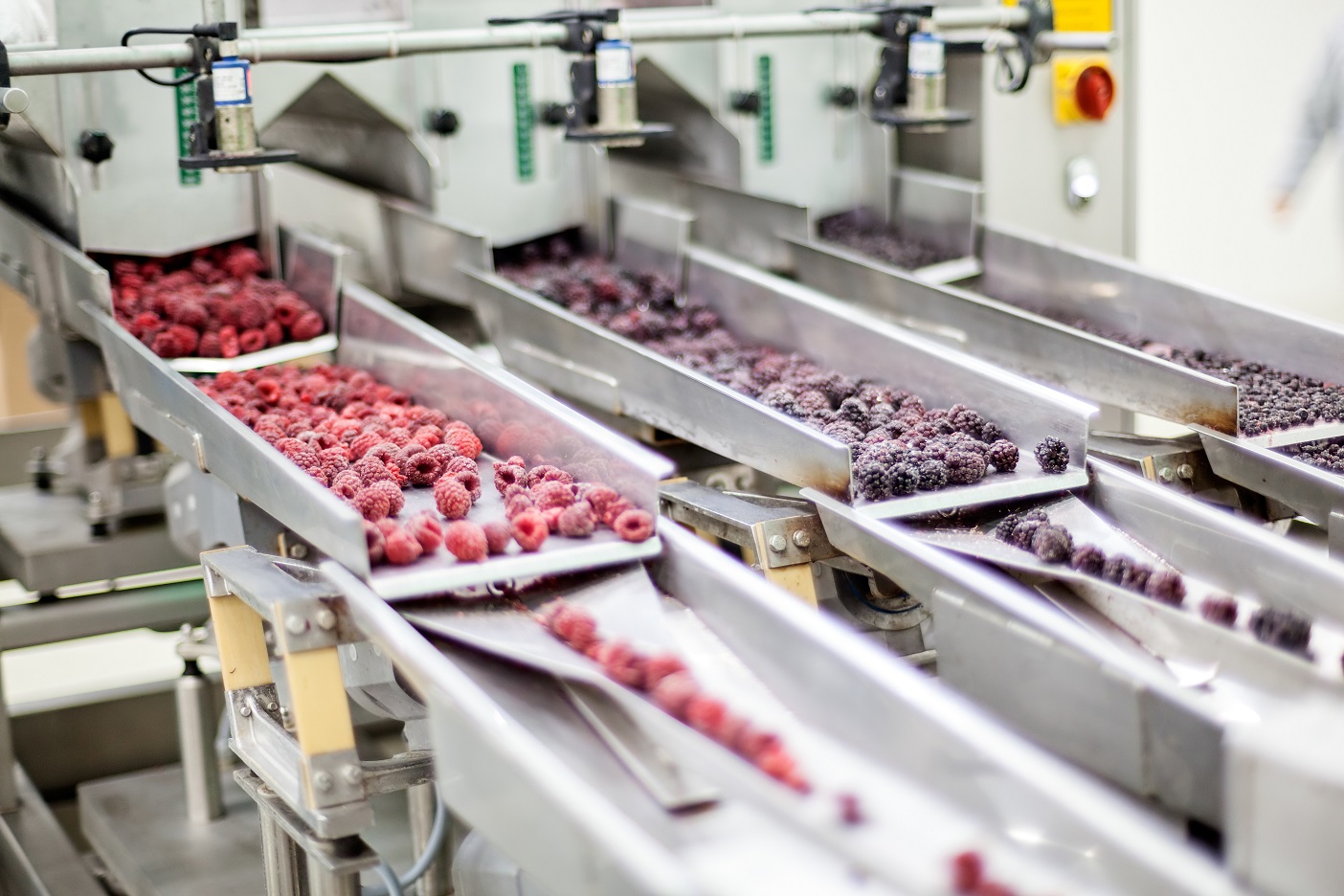
The need for sustainable aquaculture
Another important sustainability challenge in food production is finding sustainable alternatives for livestock feed that ensure animal health and welfare. For example, in aquaculture there is increasing concern around the sustainability of EU salmonid aquaculture feed supply chains, with a trend of moving away from fishmeal and soy as protein sources and a movement towards ‘functional’ feeds that enhance fish health and welfare. EIT Food’s Metamorphosis project addresses these issues by enhancing the biological value of insect feed for the EU aquaculture market, using a proprietary microbiological processing technology that targets fish health and welfare in addition to nutritional outcomes. For example, insect-based protein meal has been demonstrated to be a promising, sustainable protein alternative and this project is helping insect meal to become a commercially viable alternative. As a result, this EIT Food project is overcoming the need for sustainability in aquaculture by identifying next generation functional aquaculture feeds.
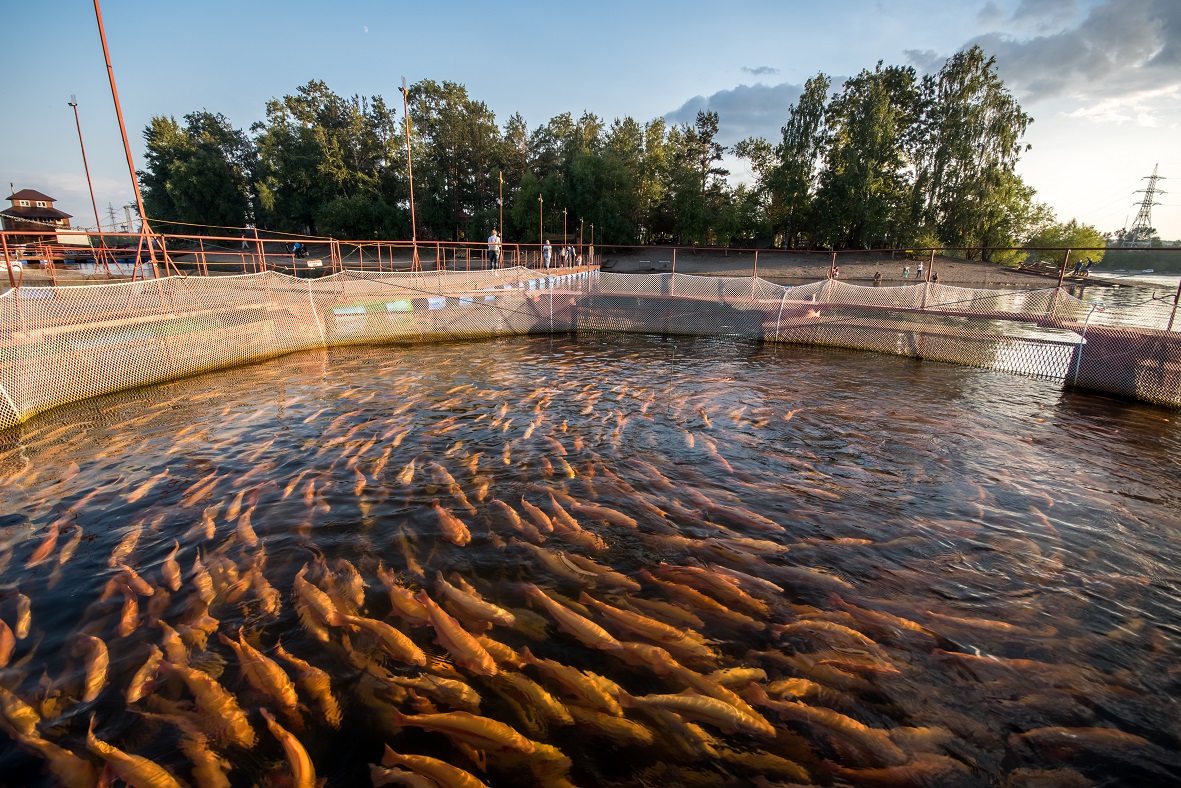
Food innovation is a process, not an end state
On the path to overcoming food system challenges we must remember that innovative solutions are not goals, but rather part of the process in overcoming evolving sustainability challenges. We need to ensure that an innovative solution is not restricted to an invention or a technological innovation but instead encourages the creation of environments for creative approaches in policy, financing, partnerships, processes and the use of data not only to understand current and future issues, such as environmental and sustainability issues but also to increase transparency throughout the food value chain. Above all, innovative solutions should increase technical capacities, attract new investments, open new markets and enhance productivity and commitment to sustainability.
Achieving innovation requires everyone working together
We know the need for a sustainable food system is paramount and the only way to create and speed up sustainable innovation is to collaborate openly and actively with all the players across the food value chain. Here we need to remember the important role of SMEs as they make up a majority proportion of the food value chain but, in parallel, they have limited resources to innovation. As such, we need to work with SME’s as they are the enablers of effective knowledge sharing between stakeholders, such as local communities.
By collaborating to achieve a common goal, such as feeding a growing population, reducing GHGs, or achieving a circular bioeconomy, companies can build stronger, trusted and lasting relationships with business partners, customers, nongovernmental organizations, consumers, authorities or other stakeholders. We need to create systemic change by working collaboratively with all the actors of the food system to change the dynamic of an entire sector. We need to demonstrate what is possible, so we can accelerate changes in both technology and business practices, to overcome the challenges that ultimately affect us all.
Let’s make innovation happen!
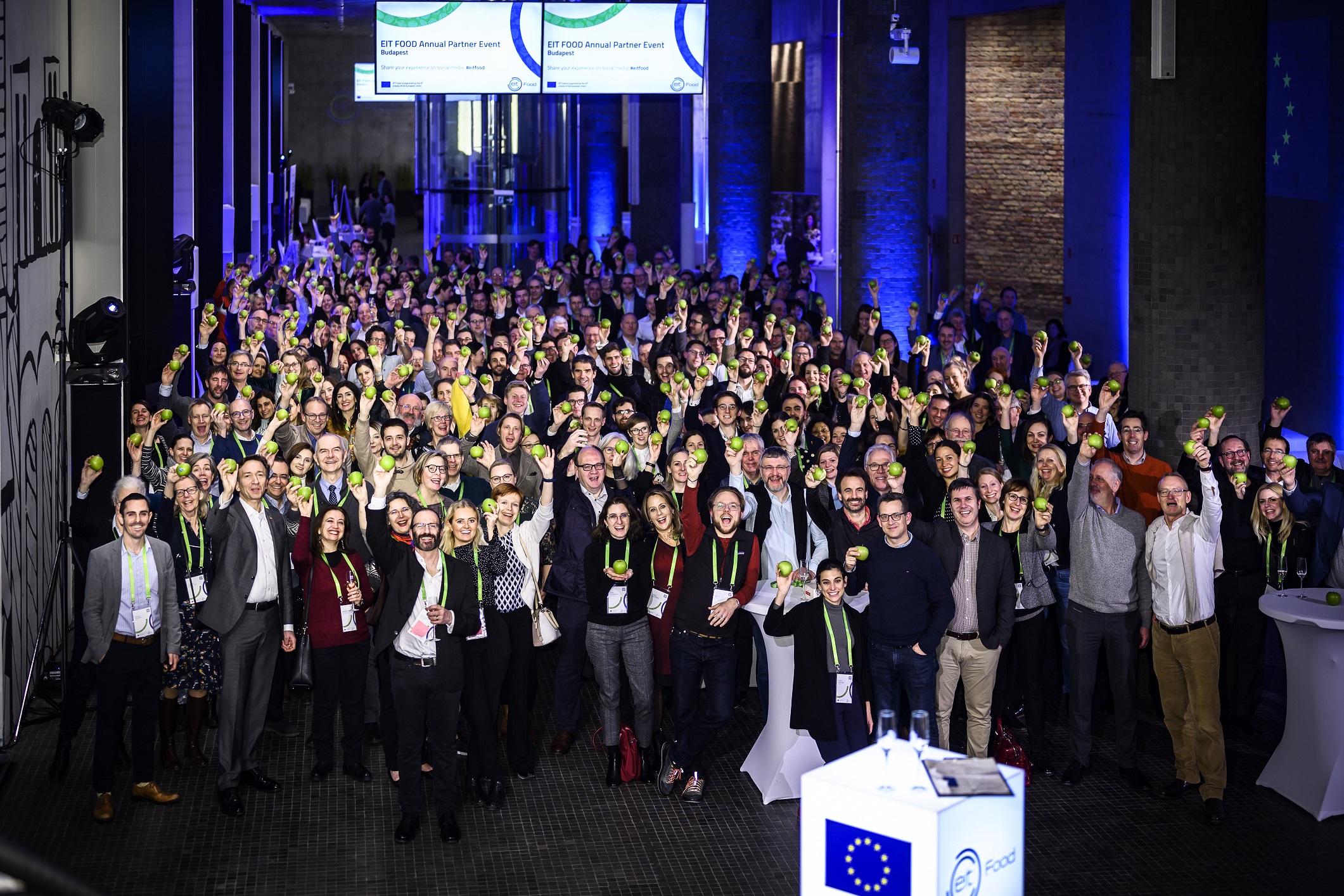
Attend Food Integrity 2020
To learn more about innovative solutions to sustainability challenges and be involved in the discussion, attend Food Integrity 2020 where key experts in this field will talk about how we can move towards a sustainable future of food. For more information click here.
For more information about the EIT Food projects in this article please see below:
- Wheat cultivars project – click here
- Digital marketplace for waste streams project – click here
- Metamorphosis project – click here
This article featured on New Food Magazine. Click here to view
About the authors:
Mercedes Groba is an Innovation Programme Manager at EIT Food, and she holds a Masters Degree in Nutrition and Agricultural Engineering.
Laura Elphick is a Communications and Engagement Officer at EIT Food. She holds a First-Class Bachelor’s Degree in Consumer Behaviour and Marketing and is passionate about promoting a sustainable food environment to consumers.





